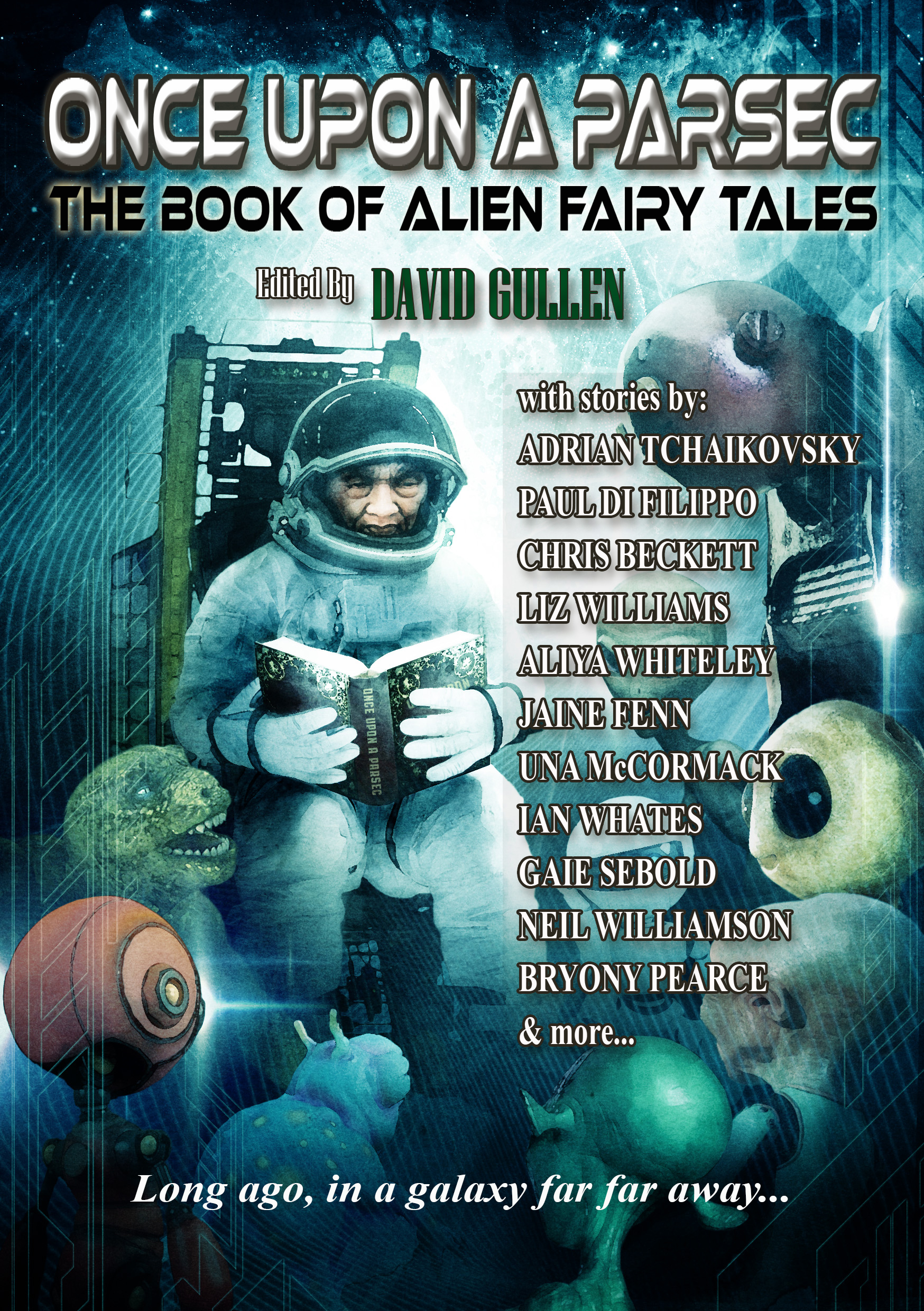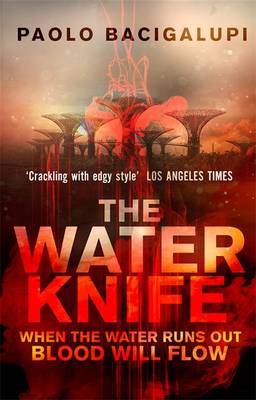 Through his link with Tara he knows she is close to Home Rock, but he is closer. He’s crouched within twenty strides of the fist of granite that marks the start and finish point of the game. The urge to throw off his concealment and make a dash for it is almost overwhelming. Alden’s legs tremble with the need to win. Let me beat him. Just once. Please.
Through his link with Tara he knows she is close to Home Rock, but he is closer. He’s crouched within twenty strides of the fist of granite that marks the start and finish point of the game. The urge to throw off his concealment and make a dash for it is almost overwhelming. Alden’s legs tremble with the need to win. Let me beat him. Just once. Please.
They’ve been playing Hide and Hunt for two hours, and already four teams have been captured by the Hunter. At dawn twelve Prey, split into teams of two, had spread out from Home Rock and concealed themselves within the forest. A mixed bunch of nine to twelve year old boys and girls, all keen to claim the honour of defeating the Hunter. Now only Tara’s and Mika’s teams are left.
Tara’s words whisper in his mind. ‘This is our chance. I’m going to make the run.’
‘Wait. We don’t know where the Hunter is.’
‘C’mon Alden, we can win this!’
Her excitement is infectious. Alden grins, maybe she’s right. ‘I’m closer. I’ll do it.’
Home Rock sits at the centre of a broad circular clearing surrounded by dense forest –– all they have to do is touch Home Rock to win. Only Prey are allowed to set foot inside the clearing, but the Hunter can strike from a distance. And this time the Hunter is his brother, Zand.
‘I’m the fastest.’ Exasperation stripes Tara’s words. She’s three years older than Alden, with two wins to her credit; one more win and she’ll be promoted to Hunter. Her tone softens. ‘Get ready to distract and defend.’
Tara sprints like a deer flushed from cover. In five thundering heartbeats she covers more than half the distance to Home Rock. Alden wants to yell with excitement. The edge of the tykae strike catches his shoulder and knocks him aside. He flings up a defensive barrier even as his mind cries a warning, but he’s too slow. The force of the strike lifts Tara into the air before sending her sprawling face down on the rough, pebble strewn ground.
A sharp barking laugh cuts the sudden silence. Zand steps out of green shadow into the sunlight dappled edge of the clearing: a tall stringy adolescent, snow-white hair coming loose from the single braid down his back, lips curled in a confident sneer.
‘Come out. Come out. Wherever you are.’
The sound of his voice is like a slap. Alden drops to his belly, heart hammering. Over the years Alden has perfected the art of concealment, an act of simple survival when growing up with an older brother like Zand. He feels Zand’s scan slipstream over his defensive shield and skip beyond his position. His brother’s curse sounds close. The air snaps with vicious anticipation.
Alden knows that the best tactic is to abandon Tara, circle round and wait it out. He might get another opportunity when Mika’s team make their run: only one member of a team has to reach Home Rock to win. It’s what Tara would do. But he can’t move. He’s transfixed by Tara’s struggle to rise –– blood darkens one side of her face; thick, slow motion drops spatter the ground as she raises her head and rolls onto her side. She doesn’t try to touch his mind; she knows that Zand can use an active link to backtrack Alden’s location. She starts to push herself up into a sitting position.
‘Last chance,’ Zand says, too loud in the green-gold stillness.
Zand has that look on his face. Alden wants to run but the familiar paralysis takes hold, leaving him helpless. Tara yelps as Zand yanks her towards him, her ankles bound in a savage tykae grip. It’s against the rules to use excessive force to subdue the Prey, but Zand doesn’t care about the rules. He just cares about winning.
His brother gives the tree line one last raking look, and then leans over to place his hand on Tara’s scratched and bleeding leg. Skin to skin contact, that’s all Zand needs to inflict his punishments. Alden knows what comes next; his body trembles with remembered agony.
All choices flee when Tara begins to scream.
Alden cowers under the bushes, his head buried in his arms, trying to block out the sounds tearing the air. He can almost feel the delicate tendrils of tykae energy piercing his body. Zand is laughing, the way he does when he’s got his little brother trapped and thrashing at his feet.
Silence –– broken by Tara’s wracking sobs. Alden peers through the bushes. Tara is curled into a ball, her body shuddering with the absence of Zand’s touch.
‘What’s it to be, noik? You or the girl?’
Alden’s heart is pounding so hard it hurts. Tara hands scrabble weakly at the pebbles as she tries to crawl away. Her whimpered ‘please’ stops his breath. Zand kicks at her until she stops.
White fury uncurls inside Alden; he steps into the clearing.
‘I knew it.’ Zand’s face twists with disgust. ‘Weak. Useless.’ He stabs a finger at Alden. ‘You should’ve run or stayed hidden. You might still have had a chance to get past me.’
Alden weaves his outrage into the lattice of his defensive shield. At least Tara is quiet now. Zand’s tykae strike sends him staggering backwards, but he keeps his feet and his silence, knowing that both will infuriate his brother. Zand never stops until you beg, and sometimes not even then. Alden can sense the confusion behind Zand’s rage as his brother skirts the edge of the clearing, closing the distance between them.
‘Give it up, little brother.’
Alden tightens his shield, and his fists.
Alden knows that Mika’s team is still out there; if he can distract his brother for long enough they might have a chance. Alden doesn’t want to win anymore. He just wants Zand to lose.
And then Tara slaps her bloodied palm against Home Rock.
END

 The panel discussions were particularly interesting, with authors giving candid views on topical issues. I especially loved the way Gollancz used the event to promote its debut authors.
The panel discussions were particularly interesting, with authors giving candid views on topical issues. I especially loved the way Gollancz used the event to promote its debut authors. This quote from page one of The Water Knife gives the reader a taste of the desperation of people struggling to survive in a world where water is a precious commodity. Those cities with ‘senior water rights’ are building archologies (self-sustaining environments, with clean air, plenty of water and all the amenities the modern world takes for granted), while the majority of the population buy water from Red Cross pumps and wear masks against the constant dust-storms (well, those that can afford to—a dry, hacking cough is the norm outside of the archologies).
This quote from page one of The Water Knife gives the reader a taste of the desperation of people struggling to survive in a world where water is a precious commodity. Those cities with ‘senior water rights’ are building archologies (self-sustaining environments, with clean air, plenty of water and all the amenities the modern world takes for granted), while the majority of the population buy water from Red Cross pumps and wear masks against the constant dust-storms (well, those that can afford to—a dry, hacking cough is the norm outside of the archologies).

